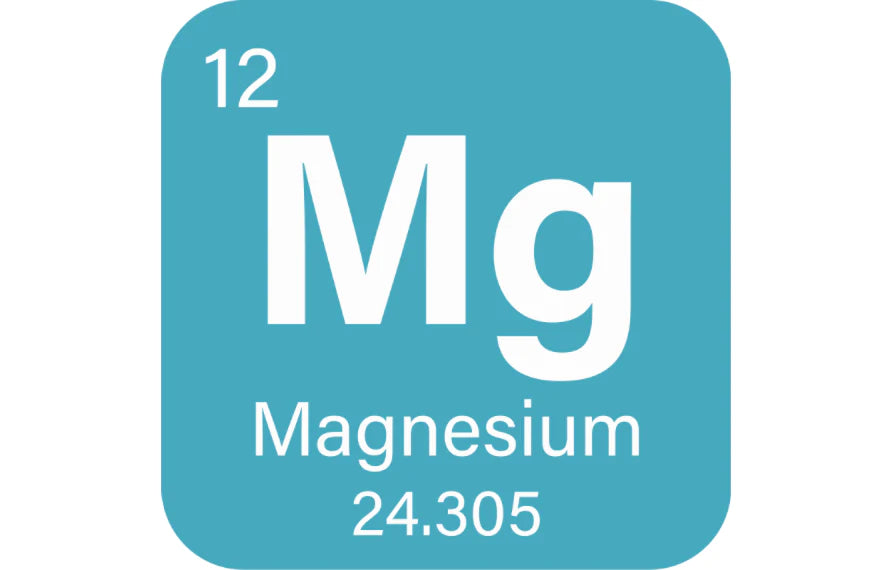Magnesium often gets overshadowed by trendier vitamins and minerals, but it's a powerhouse quietly influencing hundreds of functions in your body. Let's delve deeper into the world of magnesium and explore its incredible benefits.
The Mighty Conductor: Magnesium's Diverse Roles
Think of magnesium as the conductor of a complex orchestra – it ensures all your bodily functions play in harmony. Here are some key areas where magnesium shines:
- Muscle and Nerve Function: Ever experienced muscle cramps or twitches? Low magnesium could be the culprit. This mineral is essential for proper muscle relaxation and nerve signal transmission. Deficiency can lead to cramps, weakness, tremors, and even contribute to anxiety and restless legs syndrome.
- Energy Powerhouse: Feeling sluggish? Magnesium plays a vital role in converting food into usable energy. It activates enzymes that break down carbohydrates and fats, fueling your body and mind throughout the day.
- Blood Sugar Control: Magnesium is a key player in blood sugar regulation. It helps your body use insulin effectively, which is crucial for transporting glucose (sugar) from the bloodstream into cells for energy. This can be particularly important for those with prediabetes or type 2 diabetes.
- Building Strong Bones: Magnesium is a critical component of healthy bones. It contributes to bone formation and density, and studies suggest it may help prevent osteoporosis, especially in postmenopausal women.
- Mood and Sleep: Feeling stressed or sleep-deprived? Magnesium might be the missing piece. It supports healthy brain function and neurotransmitter production, which can influence mood regulation, relaxation, and sleep quality.
Are You Deficient? Recognising the Signs
Magnesium deficiency is a surprisingly common issue. Factors like stress, certain medications (diuretics, antibiotics), digestive problems (Crohn's disease), and even sugary drinks can deplete magnesium levels.
Symptoms of deficiency can be subtle and easily overlooked. Here are some signs to watch out for:
- Fatigue and low energy
- Muscle cramps, twitches, and tension
- Headaches and migraines
- Difficulty sleeping or restless sleep
- Anxiety and irritability
- High blood pressure
If you suspect a magnesium deficiency, consult your doctor. They can assess your needs and recommend a blood test to confirm deficiency.
Boosting Your Magnesium Levels: Food and Supplements
The good news is there are two main ways to increase your magnesium intake:
- Dietary Powerhouse Foods: Nature provides a wealth of magnesium-rich options. Fill your plate with leafy greens (spinach, kale), nuts (almonds, cashews), seeds (pumpkin, chia), dark chocolate (in moderation!), whole grains (brown rice, quinoa), and legumes (beans, lentils).
- Supplements: If dietary changes aren't enough, magnesium supplements can be a helpful way to bridge the gap. Different types of magnesium supplements offer varying benefits and absorption rates. Talk to your healthcare professional to determine the right kind and dosage for you.
Magnesium: An Investment in Overall Health
By keeping your magnesium levels in check, you're investing in a healthier you. From better sleep and stronger bones to improved mood, energy levels, and even blood sugar control, magnesium offers a multitude of benefits.
Remember: It's always wise to consult with your healthcare professional before starting any new supplements, especially if you have underlying health conditions or take medications. They can advise you on potential interactions and ensure magnesium supplementation is safe and beneficial for you.
So, the next time you reach for a trendy supplement, remember the quiet warrior – magnesium. By incorporating it into your routine, you might just unlock a new level of well-being.
Check out our range of Magnesium Supplements here.



